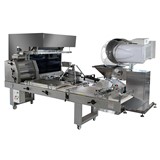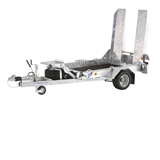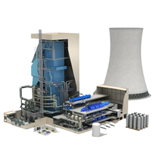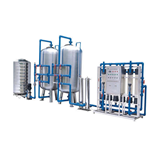Savings can be realised by taking advantage of cheaper labour, automated factories, more advanced machinery, or the ability to get bulk pricing as part of a group.
Making the decision to outsource the entire manufacturing process is extreme, but one that could provide financial savings and keep your product market competitive.
This process is subjective, and will vary for every company. Some place a premium on quality or protecting jobs, while others are simply focused on saving money.
So when is it time to outsource your manufacturing?
When there is a significant cost savings
The pressing reason to outsource manufacturing is cost savings, but quantifying those savings can be challenging.
Aside from the obvious costs, one must consider inflation concerns in the Asian market, shipping costs, time and travel for employees to manage setup and production, potential communication enhancements, potential for inferior or contaminated products, and more. Companies should see significant savings on a per-item basis before they make the move.
When you are a start-up
There are numerous manufacturing concerns for a new company, or even an established company taking on a new product.
Instead of taking on the high costs of building a new manufacturing process, consider outsourcing in the early phases. This will allow you to establish proof of concept with the new product and develop some positive cash flow from which to fund new machinery, re-tooling, warehouse and plant expansion etc.
When automation is cost-prohibitive
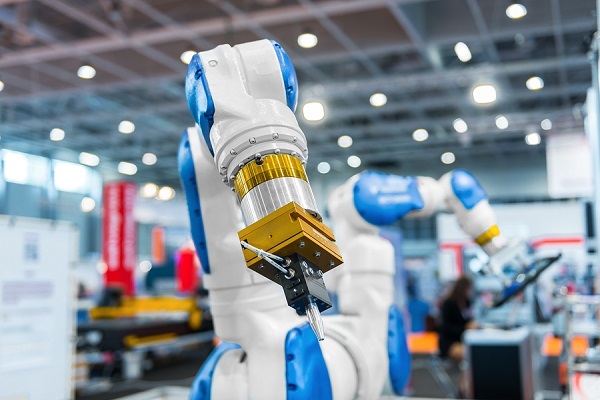
Many plants are turning to automation to help drive down marginal costs and avoid outsourcing. However, this can be cost-prohibitive for some plants. If you are considering outsourcing, determine if enough cost savings can be garnered from automating at least part of your production line.
When demand is outpacing production
Some companies can add production shifts to meet growing demand, but others are already operating at full capacity. Expanding manufacturing capacity can be costly and troublesome, particularly if there is reason to expect the increased demand won't remain long-term.
When you don't have IP to protect
Once assembly and other components of manufacturing leave your building, pieces of your intellectual property (IP) will be put at risk. Even with non-disclosure agreements, companies have had trade secrets stolen and used against them.
Some companies outsource inventory management to get better pricing. This is also risky, though. Once another party has too much of an idea of what is entering your facility, they'll have a better idea of what is coming out and how it is fabricated.
When your assembly process isn't complex
Outsourcing is more difficult when a product relies on complex assembly protocols. Intricate processes aren't always followed correctly when dealing with low-paid, unskilled workers.
Simple processes, particularly those that are automated, shouldn't be an issue. However, if you rely on strict attention to detail to create a quality product, keeping production at home could make more sense.
When quality isn't a major concern
The Boeing Company faced major issues after outsourcing an unprecedented 30 per cent of their production on the 787 Dreamliner (only 5 per cent of their 747 was outsourced). Components didn't fit together and some manufacturers couldn't meet deadlines, causing serious delays and added expense; they likely would have been better served keeping production at their own plants.
While you may not be manufacturing something as intricate as a jetliner, if quality and timeliness are a priority, outsourcing could be troublesome. As the adage goes – if you want it done right, you may have to do it yourself.
When you have a trusted manufacturing partner
While quality and IP concerns could keep manufacturing in-house, having a partner with a proven track record could still allow a manufacturer to outsource their production. If they can deliver a quality product in a timely manner and not disclose your methods, all while offering material cost savings to your loading dock or your distribution centre, outsourcing needs to be strongly considered.
There are many ways to create cost savings in the manufacturing process. Outsourcing is the best option for some, but other options should be considered.
Perhaps it is time to take a run at your internal processes to see if an improved design or other innovation can reduce production costs. A purchasing agent could provide cost savings on components and materials, or changes in distribution channel could be enough to keep your plant competitive.



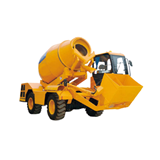
-160x160-state_article-rel-cat.png)

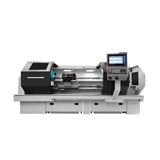



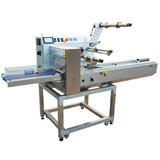
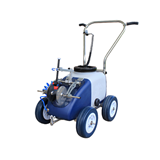
-160x160-state_article-rel-cat.png)

